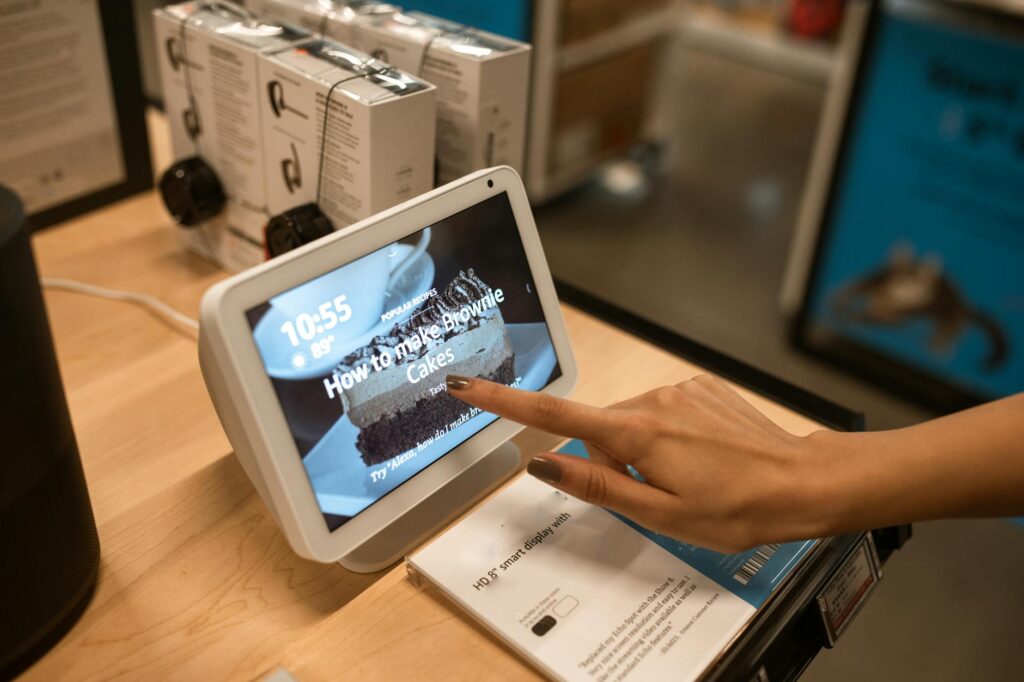Astron Systems focuses on reusuable two-stage rocket

Top Stories Tamfitronics

SAN FRANCISCO – U.K. startup Astron Systems intends to develop a fully reusable two-stage rocket to transport about 360 kilograms to low-Earth orbit.
“The main driver of cost and time for putting stuff into space is production and assembly,” Eddie Brown, Astron Systems founder and CEO, told SpaceNews. “If you can spread out that cost over many flights, the per-flight cost can be a lot lower. And you can ramp up to a higher cadence and be much more responsive to customer schedules.”
Astron Systems, founded in 2021 and located at the Harwell Science Campus in England, is one of 12 startups in the Fall 2024 class of the TechStars Space Accelerator. Prior to TechStars, the European Space Agency Business Incubator Centre United Kingdom supported Astron Systems’ early hardware development.
After watching other founders struggle to mass produce rockets, Brown and his co-founders Kieran Jones-Tett and Rafal Sokolowski, who met at Imperial College London, opted for a different tack: a fully reusable methane-liquid oxygen rocket. Ideally, biomethane will serve as the rocket’s fuel to reduce its environmental impact, Brown said.

In-Orbit Economy
Like many entrepreneurs developing small launch vehicles, Astron Systems founders are convinced small satellite customers need rockets that allow them to fly when and where they want.
“We have a vision for the future in-orbit economy being this big thriving thing,” Brown said. “Small satellites are the beating heart of the in-orbit economy today. There are a lot of customers that are crying out for better launch solutions.”
To date, Astron Systems has focused on developing key elements of its future rocket including pump technology and a torch igniter.
“If you want a small rocket engine to use for 50, 100 flights today, that’s not something you could buy off the shelf,” Brown said.
The company’s optimistic forecast calls for a test launch in late 2027. “Realistically, it probably be a little bit later than that,” Brown said. “But it could happen.”
Astron Systems has raised more than $600,000 to date including private investment, grants from Innovate UK and ESA, and backing from Techstars Space.

Debra Werner is a correspondent for SpaceNews based in San Francisco.Debra earned a bachelor’s degree in communications from the University of California, Berkeley, and a master’s degree in Journalism from Northwestern University. She…More by Debra Werner
Discover more from Tamfis Nigeria Lmited
Subscribe to get the latest posts sent to your email.



 Hot Deals
Hot Deals Shopfinish
Shopfinish Shop
Shop Appliances
Appliances Babies & Kids
Babies & Kids Best Selling
Best Selling Books
Books Consumer Electronics
Consumer Electronics Furniture
Furniture Home & Kitchen
Home & Kitchen Jewelry
Jewelry Luxury & Beauty
Luxury & Beauty Shoes
Shoes Training & Certifications
Training & Certifications Wears & Clothings
Wears & Clothings
















